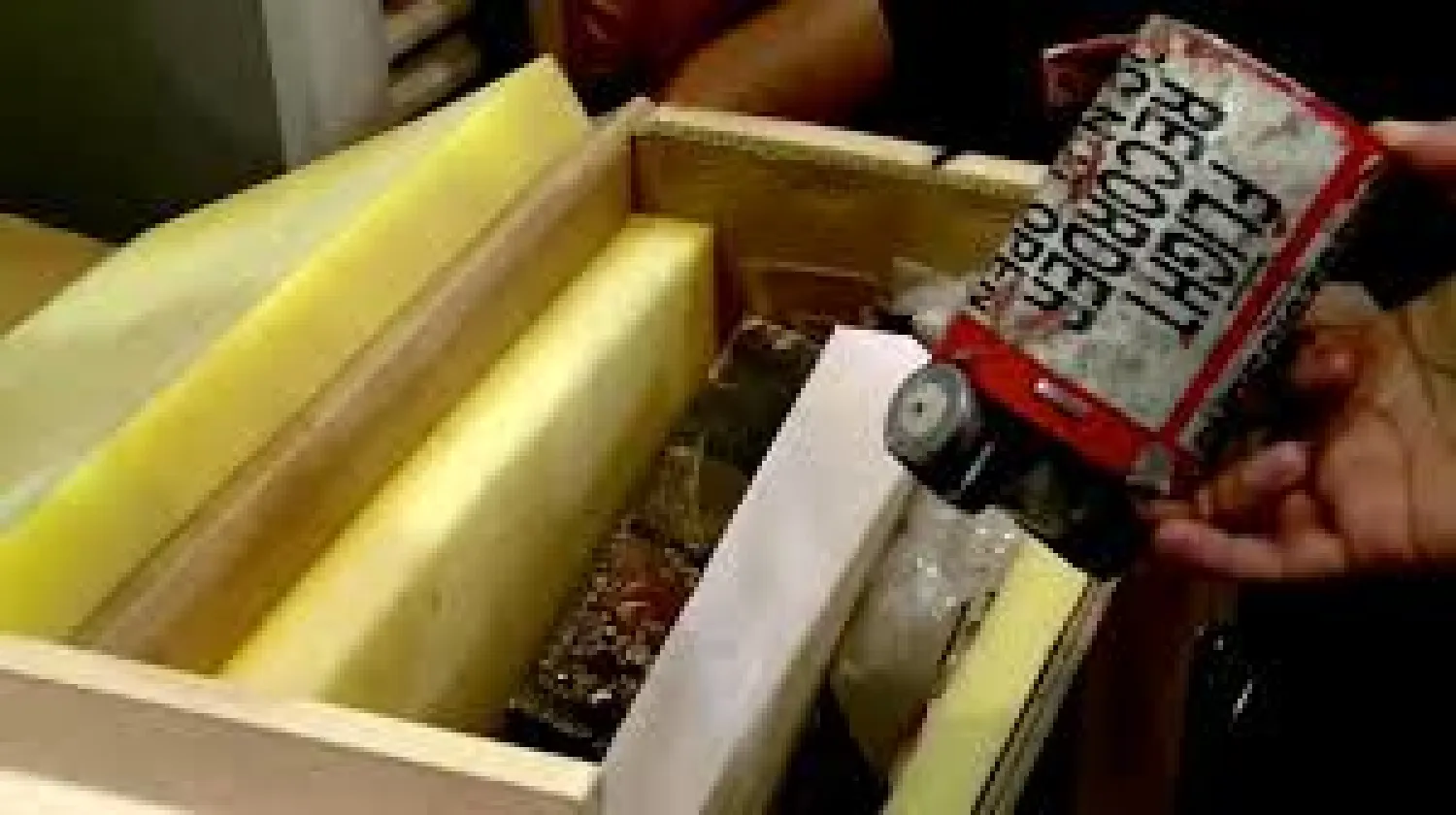Canadian Prime Minister Justin Trudeau on Friday urged Iran to send the black boxes from the passenger plane shot down by its forces to France for analysis and said the first remains of victims should soon arrive back in Canada.
Trudeau told a news conference in Ottawa that France was one of the few countries with the ability to read the flight and cockpit data recorders from the jet, which he said were badly damaged.
Iran says it shot down Ukrainian International Airlines flight 752 last week by accident, killing all 176 people aboard, 57 of whom were Canadian.
“Iran does not have the level of technical expertise and mostly the equipment necessary to be able to analyze these damaged black boxes quickly,” Trudeau said.
“There is a beginning of a consensus that ... (France) would be the right place to send those black boxes to get proper information from them in a rapid way and that is what we are encouraging the Iranian authorities to agree to.”
In the week since Tehran said its military had shot down the aircraft, Iran’s government has said international authorities looking into the tragedy would have access to the black-box data, but that has yet to happen, slowing the investigation.
More than two thirds of Canadians are not confident there will be a full and accurate account of the disaster, an Angus Reid Institute poll released on Friday said.
Iranian Foreign Minister Mohammad Javad Zarif held a rare face-to-face meeting with his Canadian counterpart, Francois-Philippe Champagne, on Friday in Muscat, Oman. The two countries have not had diplomatic relations since 2012.
In a statement, Canada’s foreign ministry said Zarif agreed on the need for “a transparent analysis of the black box data,” and that the ministers “discussed the duty Iran has towards the families of the victims – including compensation”.
Zarif wrote on Twitter after the meeting that both countries’ experts would continue to exchange information, adding “politicization” of the tragedy must be rejected and that the focus should be on the victims’ families.
In Ottawa, Trudeau told reporters his government would provide C$25,000 ($19,100) in immediate aid to the families of the victims, but he added that Canada expects Iran to offer compensation.
Trudeau said about 20 families of Canadian victims had requested the return of the bodies and that he expected the first remains to be repatriated in the coming days. He gave no further details.
The bodies of all 11 Ukrainians who died in the crash have been identified and will be transported to Ukraine on Jan. 19, the interior ministry in Kiev said in a statement.
With Iran facing a deepening crisis as it grapples with unrest at home and rising pressure from abroad, the Islamic Republic’s supreme leader Ayatollah Ali Khamenei delivered his first Friday prayers sermon in eight years.
He described the shooting down of the plane as a “bitter tragedy that burned through our heart”. But he stopped short of offering a direct apology for the disaster and instead urged Iranians to unite and show solidarity by turning out in numbers for the February parliamentary election.
Tension between Tehran and Washington has ratcheted higher since 2018 when the United States withdrew from Iran’s nuclear pact with world powers and reimposed sanctions that have hammered the Iranian economy.
The standoff erupted into tit-for-tat military strikes this month, when Washington killed Iran’s top general Qassem Soleimani in a drone strike at Baghdad airport on Jan. 3, then Iran launched missile strikes at US targets in Iraq on Jan. 8.
Russia''s acting Foreign Minister Sergei Lavrov on Friday urged Iran and the United States to wind down tensions following the recent developments.
Lavrov said the tragedy was a "very serious red flag" and a signal that everyone should "start working on de-escalation and not on constant threats".
Lavrov said he did not want to "find excuses for anyone" but criticized Washington for killing Soleimani.
He said Iran was waiting for a US strike and said there was "nervousness in such situations".
"There is information that... after this attack, the Iranians were waiting for another strike from the US, they didn''t know in what form, but there were a minimum of six F-35 (fighter jets) in the air... in the airspace right on the border of Iran."
He said the "unprecedented" US operation that killed Soleimani "undermined and put into question all imaginable norms of international law".
"An increase in tensions between Iran and the United States will not help settle any single crisis in the region, if only because the tensions will be increasing," he said.









